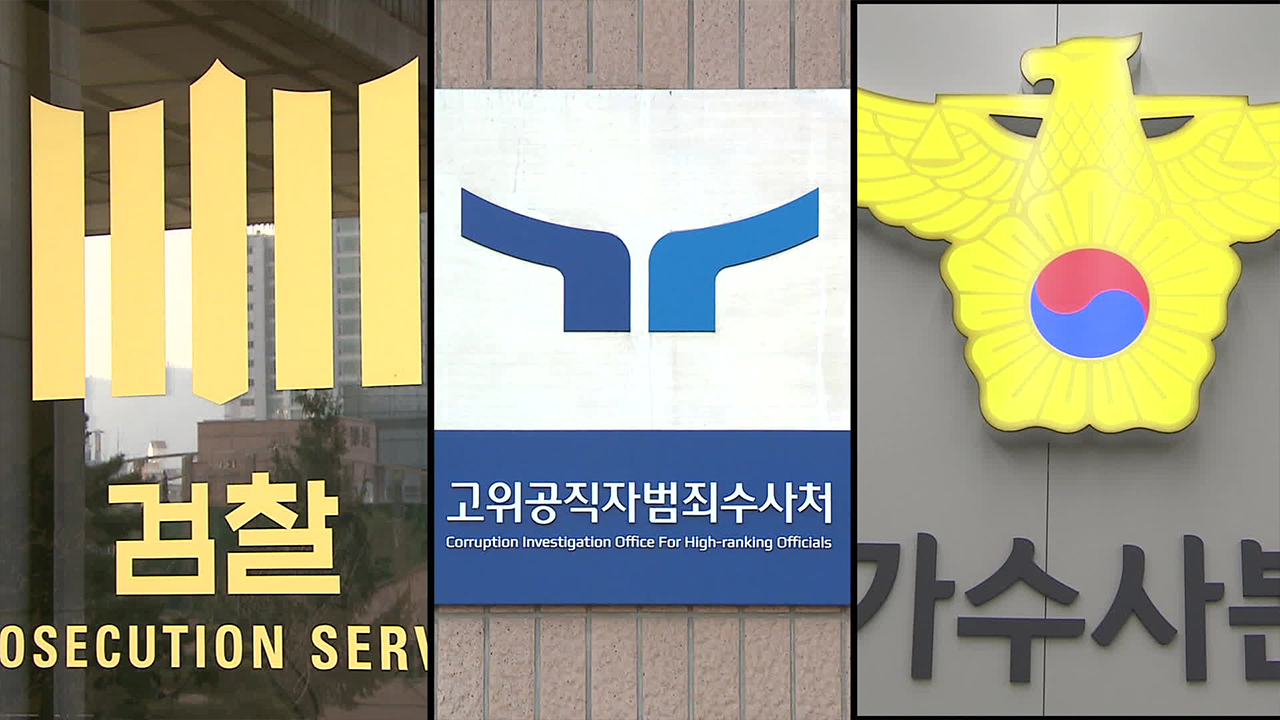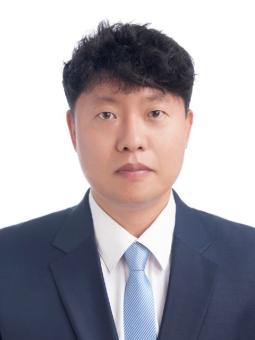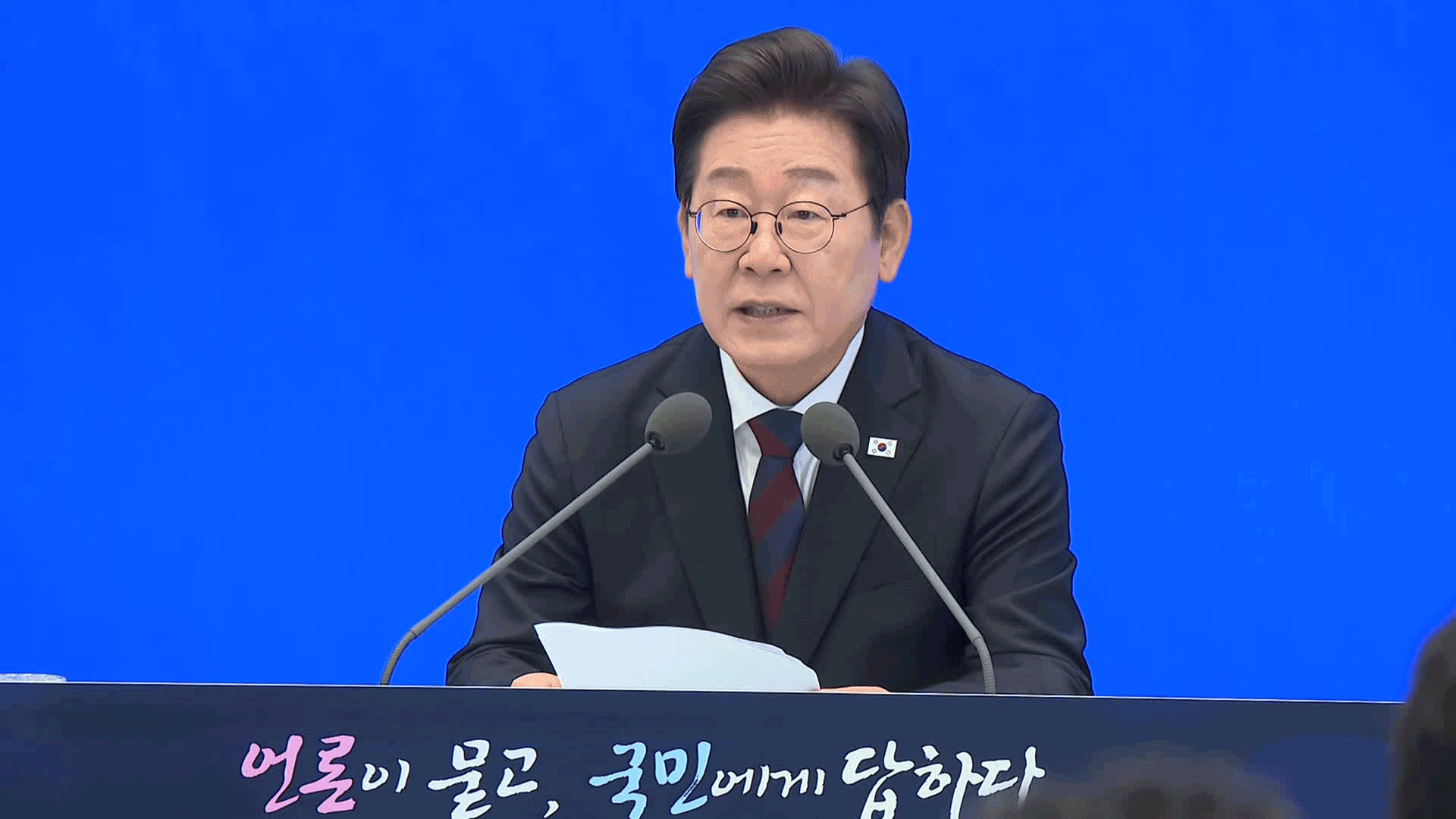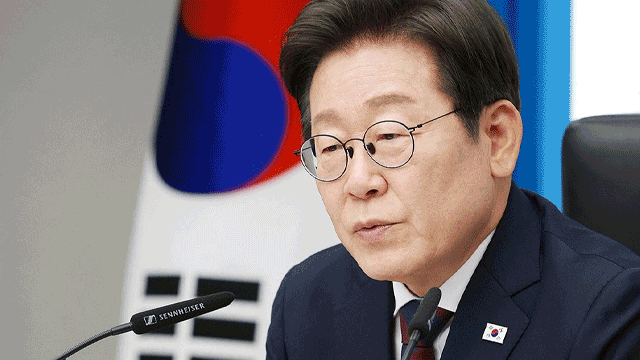Adjustment of investigative rights between police and prosecution cause confusion in insurrection investigation
입력 2024.12.18 (00:52)
읽어주기 기능은 크롬기반의
브라우저에서만 사용하실 수 있습니다.
[Anchor]
Concerns about confusion in investigations by the prosecution and police continue to persist in this situation.
As the controversy over overlapping investigations continues, there are points being raised that the concerns expressed during the past adjustment of investigative powers between the prosecution and police have become a reality.
Choi Kwang-ho reports.
[Report]
Immediately after the emergency martial law, the prosecution, police, and the Corruption Investigation Office for High-Ranking Officials (CIO) began their investigations one after another.
The so-called 'individual investigations' have led to confusion, including overlapping requests for warrants.
Ultimately, the police and the CIO formed a joint investigation headquarters.
However, the prosecution is still conducting independent investigations.
The background of this confusion in the insurrection investigation lies in the adjustment of investigative powers between the prosecution and police that took place in 2020.
The scope of direct investigations by the prosecution has been reduced to corruption and economic crimes, resulting in the loss of direct investigation authority over insurrection crimes.
Unlike the prosecution, there is broad consensus that the police have direct investigation authority over insurrection crimes.
[Chun Dae-yup/Minister of the National Court Administration/Dec. 9/Legislative Judiciary Committee: "There is no doubt that the National Police Agency has the investigative authority for insurrection crimes under the law. However, there is considerable internal debate about whether the prosecution has investigative authority."]
However, the prosecution maintains that based on the provisions of the Prosecutors' Office Act, it is possible to conduct direct investigations into insurrection crimes if they are related to crimes that prosecutors can investigate.
The court also issued an arrest warrant for former Defense Minister Kim Yong-hyun, requested by the prosecution, stating, "It is judged to be within the scope of crimes that prosecutors can initiate investigations."
There is currently no entity to clarify the confusion caused by ambiguous regulations.
If this situation continues, issues regarding the admissibility of evidence may arise in future trial processes.
[Shin Hyun-ho/KBS Advisory Lawyer: "If an investigation goes beyond its scope and a report is written for another crime, and charges are filed based on that, the legality of that report will definitely be a problem."]
Concerns are growing that the confusion and power struggles among various investigative agencies regarding the insurrection investigation could lead to disruptions in the investigation.
This is KBS News, Choi Kwang-ho.
Concerns about confusion in investigations by the prosecution and police continue to persist in this situation.
As the controversy over overlapping investigations continues, there are points being raised that the concerns expressed during the past adjustment of investigative powers between the prosecution and police have become a reality.
Choi Kwang-ho reports.
[Report]
Immediately after the emergency martial law, the prosecution, police, and the Corruption Investigation Office for High-Ranking Officials (CIO) began their investigations one after another.
The so-called 'individual investigations' have led to confusion, including overlapping requests for warrants.
Ultimately, the police and the CIO formed a joint investigation headquarters.
However, the prosecution is still conducting independent investigations.
The background of this confusion in the insurrection investigation lies in the adjustment of investigative powers between the prosecution and police that took place in 2020.
The scope of direct investigations by the prosecution has been reduced to corruption and economic crimes, resulting in the loss of direct investigation authority over insurrection crimes.
Unlike the prosecution, there is broad consensus that the police have direct investigation authority over insurrection crimes.
[Chun Dae-yup/Minister of the National Court Administration/Dec. 9/Legislative Judiciary Committee: "There is no doubt that the National Police Agency has the investigative authority for insurrection crimes under the law. However, there is considerable internal debate about whether the prosecution has investigative authority."]
However, the prosecution maintains that based on the provisions of the Prosecutors' Office Act, it is possible to conduct direct investigations into insurrection crimes if they are related to crimes that prosecutors can investigate.
The court also issued an arrest warrant for former Defense Minister Kim Yong-hyun, requested by the prosecution, stating, "It is judged to be within the scope of crimes that prosecutors can initiate investigations."
There is currently no entity to clarify the confusion caused by ambiguous regulations.
If this situation continues, issues regarding the admissibility of evidence may arise in future trial processes.
[Shin Hyun-ho/KBS Advisory Lawyer: "If an investigation goes beyond its scope and a report is written for another crime, and charges are filed based on that, the legality of that report will definitely be a problem."]
Concerns are growing that the confusion and power struggles among various investigative agencies regarding the insurrection investigation could lead to disruptions in the investigation.
This is KBS News, Choi Kwang-ho.
■ 제보하기
▷ 카카오톡 : 'KBS제보' 검색, 채널 추가
▷ 전화 : 02-781-1234, 4444
▷ 이메일 : kbs1234@kbs.co.kr
▷ 유튜브, 네이버, 카카오에서도 KBS뉴스를 구독해주세요!
- Adjustment of investigative rights between police and prosecution cause confusion in insurrection investigation
-
- 입력 2024-12-18 00:52:29

[Anchor]
Concerns about confusion in investigations by the prosecution and police continue to persist in this situation.
As the controversy over overlapping investigations continues, there are points being raised that the concerns expressed during the past adjustment of investigative powers between the prosecution and police have become a reality.
Choi Kwang-ho reports.
[Report]
Immediately after the emergency martial law, the prosecution, police, and the Corruption Investigation Office for High-Ranking Officials (CIO) began their investigations one after another.
The so-called 'individual investigations' have led to confusion, including overlapping requests for warrants.
Ultimately, the police and the CIO formed a joint investigation headquarters.
However, the prosecution is still conducting independent investigations.
The background of this confusion in the insurrection investigation lies in the adjustment of investigative powers between the prosecution and police that took place in 2020.
The scope of direct investigations by the prosecution has been reduced to corruption and economic crimes, resulting in the loss of direct investigation authority over insurrection crimes.
Unlike the prosecution, there is broad consensus that the police have direct investigation authority over insurrection crimes.
[Chun Dae-yup/Minister of the National Court Administration/Dec. 9/Legislative Judiciary Committee: "There is no doubt that the National Police Agency has the investigative authority for insurrection crimes under the law. However, there is considerable internal debate about whether the prosecution has investigative authority."]
However, the prosecution maintains that based on the provisions of the Prosecutors' Office Act, it is possible to conduct direct investigations into insurrection crimes if they are related to crimes that prosecutors can investigate.
The court also issued an arrest warrant for former Defense Minister Kim Yong-hyun, requested by the prosecution, stating, "It is judged to be within the scope of crimes that prosecutors can initiate investigations."
There is currently no entity to clarify the confusion caused by ambiguous regulations.
If this situation continues, issues regarding the admissibility of evidence may arise in future trial processes.
[Shin Hyun-ho/KBS Advisory Lawyer: "If an investigation goes beyond its scope and a report is written for another crime, and charges are filed based on that, the legality of that report will definitely be a problem."]
Concerns are growing that the confusion and power struggles among various investigative agencies regarding the insurrection investigation could lead to disruptions in the investigation.
This is KBS News, Choi Kwang-ho.
Concerns about confusion in investigations by the prosecution and police continue to persist in this situation.
As the controversy over overlapping investigations continues, there are points being raised that the concerns expressed during the past adjustment of investigative powers between the prosecution and police have become a reality.
Choi Kwang-ho reports.
[Report]
Immediately after the emergency martial law, the prosecution, police, and the Corruption Investigation Office for High-Ranking Officials (CIO) began their investigations one after another.
The so-called 'individual investigations' have led to confusion, including overlapping requests for warrants.
Ultimately, the police and the CIO formed a joint investigation headquarters.
However, the prosecution is still conducting independent investigations.
The background of this confusion in the insurrection investigation lies in the adjustment of investigative powers between the prosecution and police that took place in 2020.
The scope of direct investigations by the prosecution has been reduced to corruption and economic crimes, resulting in the loss of direct investigation authority over insurrection crimes.
Unlike the prosecution, there is broad consensus that the police have direct investigation authority over insurrection crimes.
[Chun Dae-yup/Minister of the National Court Administration/Dec. 9/Legislative Judiciary Committee: "There is no doubt that the National Police Agency has the investigative authority for insurrection crimes under the law. However, there is considerable internal debate about whether the prosecution has investigative authority."]
However, the prosecution maintains that based on the provisions of the Prosecutors' Office Act, it is possible to conduct direct investigations into insurrection crimes if they are related to crimes that prosecutors can investigate.
The court also issued an arrest warrant for former Defense Minister Kim Yong-hyun, requested by the prosecution, stating, "It is judged to be within the scope of crimes that prosecutors can initiate investigations."
There is currently no entity to clarify the confusion caused by ambiguous regulations.
If this situation continues, issues regarding the admissibility of evidence may arise in future trial processes.
[Shin Hyun-ho/KBS Advisory Lawyer: "If an investigation goes beyond its scope and a report is written for another crime, and charges are filed based on that, the legality of that report will definitely be a problem."]
Concerns are growing that the confusion and power struggles among various investigative agencies regarding the insurrection investigation could lead to disruptions in the investigation.
This is KBS News, Choi Kwang-ho.
-
-

최광호 기자 peace@kbs.co.kr
최광호 기자의 기사 모음
-
이 기사가 좋으셨다면
-
좋아요
0
-
응원해요
0
-
후속 원해요
0












![[단독] 김민석 총리, 취임 첫 일정으로 ‘송미령 반대’ 농민단체 농성장 방문](/data/news/2025/07/03/20250703_YUTdgQ.png)
![[단독] ‘스테로이드’부터 ‘임신중지약’까지…해외 의약품 불법 유통 11만 건](/data/news/2025/07/03/20250703_qpUU1y.png)

이 기사에 대한 의견을 남겨주세요.